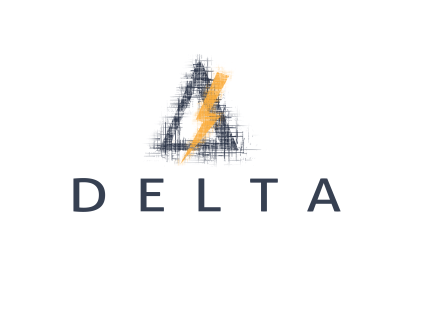HIT has been awarded with a contract from the European Commission (Project Acronym: DELTA) with the aim to develop a Demand-Response (DR) management platform that distributes parts of the Aggregator’s intelligence into a novel architecture based on Virtual Power Plant (VPP) principles. It will establish a more easily manageable and computationally efficient DR solution and will deliver scalability and adaptiveness into the Aggregator’s DR toolkits.
The DELTA engine will be able to utilise multiple strategies and policies provided from its energy market stakeholders. As a result, it will be authentically modular and future-proof. DELTA will also deliver a fully autonomous architectural design which will enable end-users to escape the hassle of responding to complex market signals. As a result, it will facilitate active, aware and engaged prosumers based on:
- innovative award schemes
- a social collaboration platform
- enhanced DR visualisation
Provision of full-scale market and grid services will be made possible by delivering DR elasticity services within the regulatory framework and by satisfying potential grid constraints. Furthermore, DELTA will propose and implement novel multi-agent based, self-learning energy matchmaking algorithms to enable: Aggregation; Segmentation and Coordination of several diverse supply and demand clusters.
Delta will be designed end-to-end using open protocols for increasing interoperability. It will set the future benchmark for data security in DR applications by implementing novel block-chain methods & authentication mechanisms as well as by using Smart Contracts.
HIT will assume the role of the Quality Assurance Manager of the DELTA project. In addition to this role, it will also be the work-package leader of WP3, which gather all activities related to the design and development of the DELTA fog-enabled system components which implement the system intelligence close to the consumer premises. HIT will be responsible for the design of this local architectural layer as well as the design and implementation of the DELTA Virtual Node Multi-Agent System. HIT will also provide important contributions in several other tasks, including the design of the DELTA system architecture, the design of the DELTA Information Model, the design and implementation of the fog-enabled DELTA device, the design of the social collaboration and clustering engine, the design of the DELTA aggregator infrastructure, the design of the Aggregator DELTA supervisory DSS engine, the deployment of the DELTA system on the pilot premises and the validation of its impact as well as the definition and validation of the novel business models that are introduced in DELTA.
DELTA is an international partnership of ten partners from six countries, including the following partners: ETHNIKO KENTRO EREVNAS KAI TECHNOLOGIKIS ANAPTYXIS (CERTH) (Greece), HIT HYPERTECH INNOVATIONS LTD (HIT) (Cyprus) ,ARCHI ILEKTRISMOU KYPROU (EAC) (Cyprus), UNIVERSITY OF CYPRUS (UCY) (Cyprus), KIWI POWER LTD (KIWI) (UK), C.C.I.C.C. LIMITED (CARR) (Ireland), E7 ENERGIE MARKT ANALYSE (E7) (Austria), UNIVERSIDAD POLITECNICA DE MADRID (UPM) (Spain) and NORGES TEKNISK-NATURVITENSKAPELIGE UNIVERSITET NTNU (NTNU) (Norway).
Project website: https://www.delta-h2020.eu/
